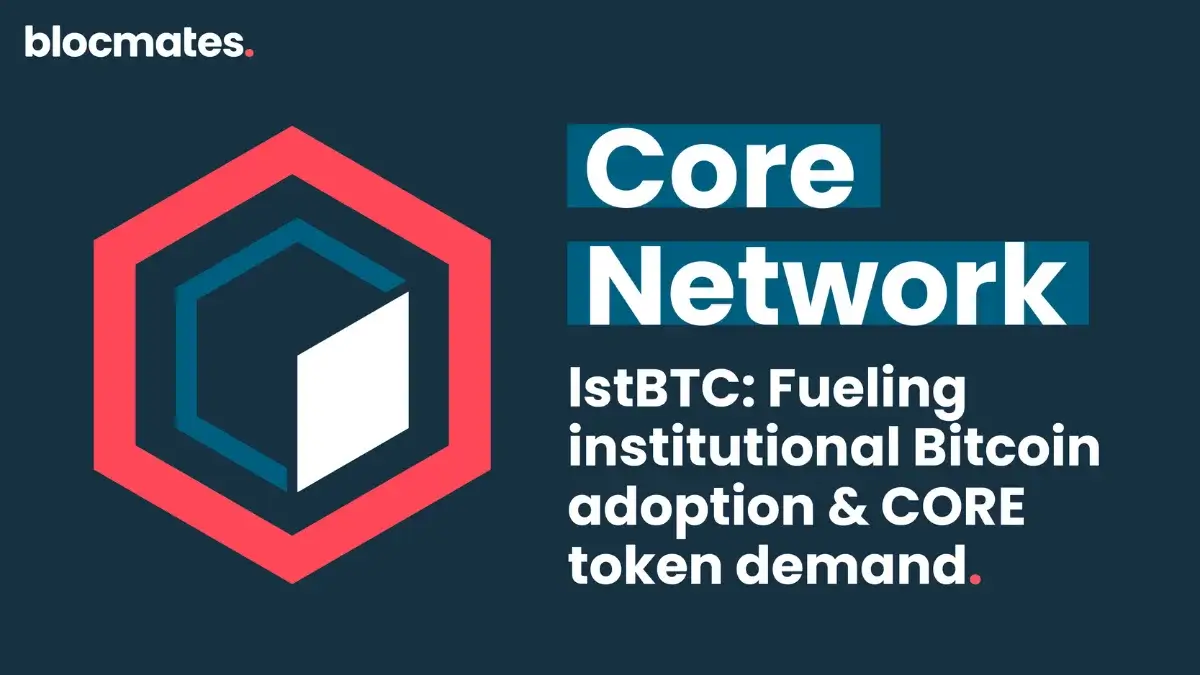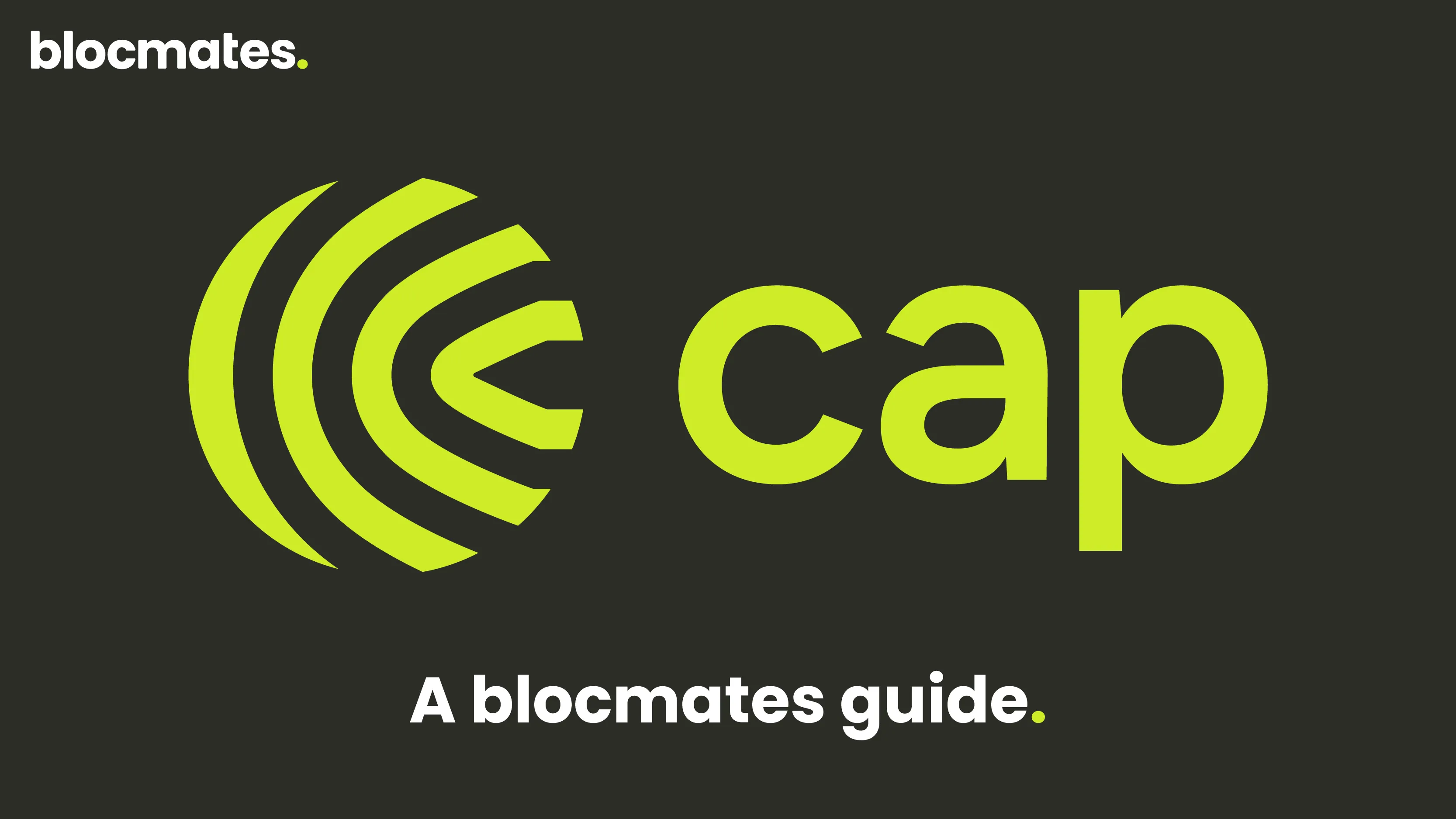What started as internal incentive policies at Kuaishou, China’s second-largest short video platform, turned into a massive covert operation involving nearly $20 million in embezzled funds, Bitcoin laundering, and a string of shell companies.
Now, after a lengthy investigation and rare public coverage by the state-backed People’s Daily, the scandal has ended in prison time for the culprits, and some hard lessons for companies operating in the digital economy.
From incentives to illicit profits
At the center of the case was a man identified as Feng, who managed approval and incentive programs for Kuaishou’s service providers.
This role gave him sweeping access to subsidy distribution processes, an opportunity he allegedly used to collude with external suppliers and siphon funds through fake reward claims.
Over a year, the group rerouted about 140 million yuan (~$19.5 million) that was supposed to go to platform operators, redirecting it to accounts they controlled.
To move these funds discreetly, shell companies were created to receive payments under the guise of regular business operations.
Once in hand, the money was converted into crypto, mostly Bitcoin, across eight centralized exchanges. But the team didn’t stop there. Using coin-mixing services, they attempted to obscure the trail, eventually swapping some funds back into Chinese RMB and distributing them across personal accounts.
Blockchain trails and legal fallout
Despite the efforts to mask the transactions, prosecutors from Beijing’s Haidian District pieced together the movement of funds using digital evidence and transaction data.
According to the prosecutor’s office, this case reflects a growing trend of commercial corruption in China’s tech sector, especially where traffic growth, user data, and platform rewards are involved.
The suspects were eventually sentenced to between three and fourteen years in prison, with fines and asset seizures, including over 90 BTC, ordered to help recover losses.
The case also triggered the release of a white paper analyzing over 1,200 commercial corruption cases from 2020 to 2024, underscoring the increased use of crypto in white-collar crime and the evolving complexity of internal fraud.
Sun Peng, director of the second procuratorial department of the Haidian District People's Procuratorate stated:
“In the past five years, the number of commercial corruption cases we have handled has been on the rise. On the one hand, the increase in the number of cases is closely related to the fact that companies are gradually aware of the importance of combating commercial corruption and increasing their internal anti-corruption efforts; on the other hand, it also shows that the necessity and urgency of combating commercial corruption are increasing."
While Kuaishou hasn't commented publicly, the broader message from officials is that companies need stronger internal controls, and crypto laundering is no longer under the radar.




.webp)
























.webp)

.webp)
.webp)

%20(1).webp)



























































%202.webp)


.webp)

.webp)
.webp)
.webp)



.webp)



.webp)
.webp)

.webp)
.webp)
.webp)


.webp)
.webp)










.webp)


.webp)









.webp)







.webp)




.webp)


























.webp)







.webp)















.webp)

.webp)
.webp)

.webp)














.webp)

.webp)


.webp)








.webp)




